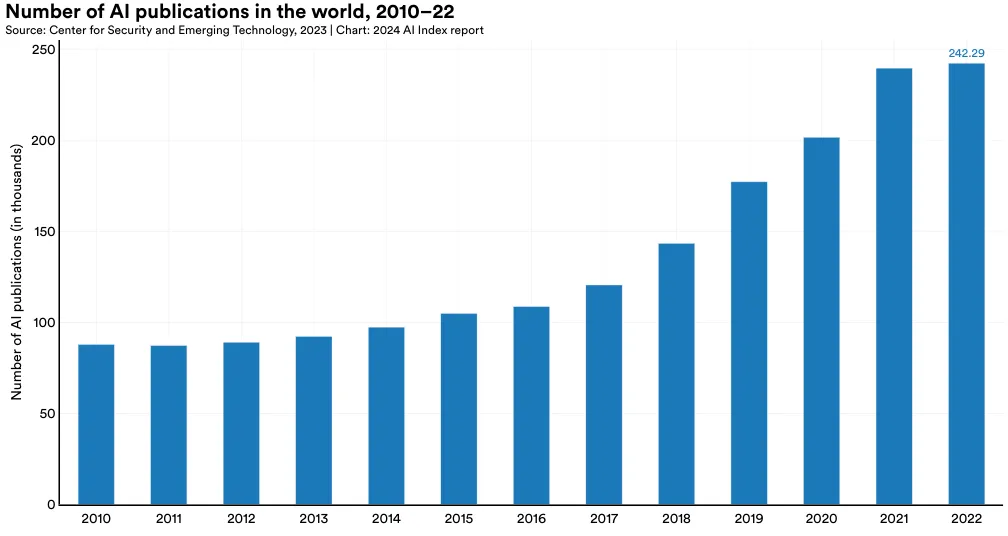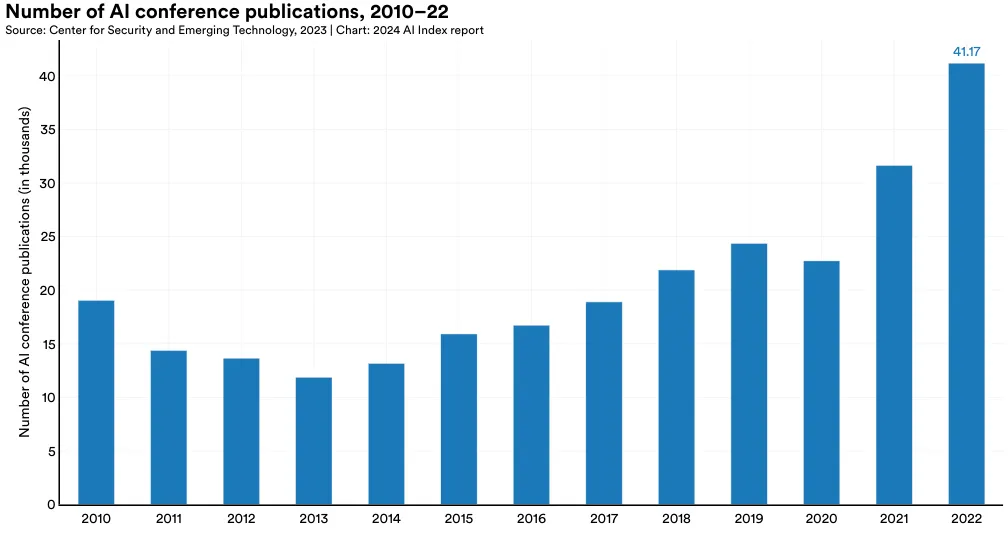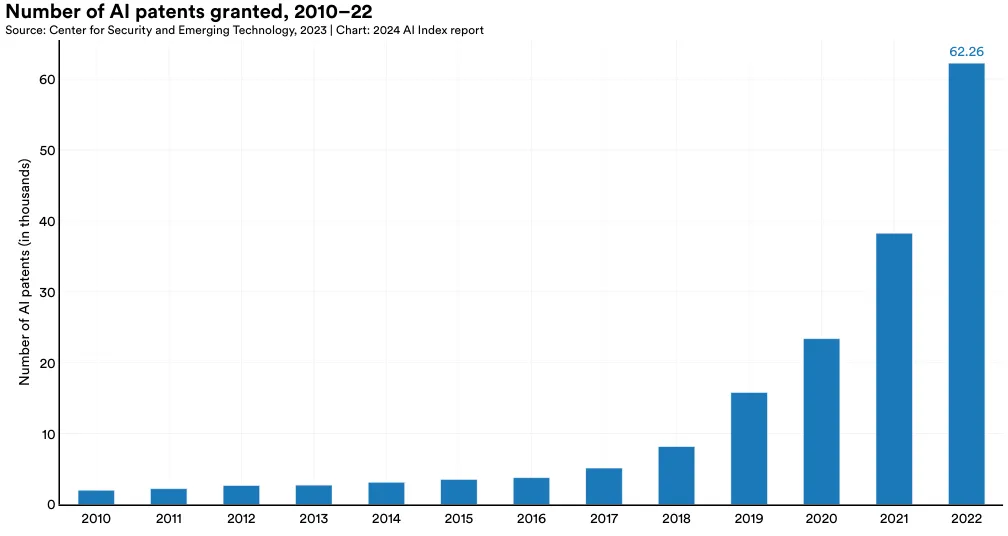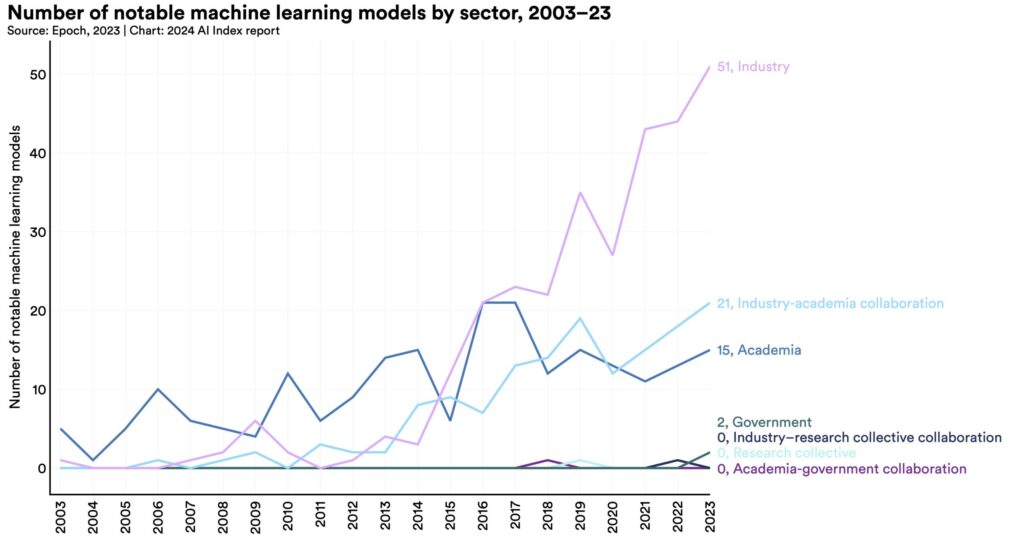Past Summits
ethDenver2025
Why Bleeding Edge
Research is the bloodline of innovation and development, when considering some of the most established Web 3.0 protocols which were founded by leading academics (Polkadot, Avalanche, Hedera, Near, Ripple, Sui, Eigenlayer, ICP, Algorand, and Quant to name a few).
AI Benchmarking
AI as a sector went through a decade long period of research, however once a mindshare amongst the research community gained momentum, it has resulted in explosive economic outputs.

the potential returns are sizable. According to the International Data Corporation (IDC), every $1 spent on business-related AI solutions today is expected to generate $4.60 in the global economy by 2030 ($19tn).

Once a baseline of research is generated, it presents an opportunity for matured use cases to be presented at conferences.

AI adoption: after years of hype and little meaningful use, there was an explosion in adoption.

Business applications form and drive market adoption (accounting for $250bn+ in economic impacts)
Similarly crypto and Web 3.0 broadly needs to go through its innovation cycle, and for this it needs a strong research foundation, which currently represents <1% of academic publications.
Our mission is to drastically change the course of fundamental research in crypto, drive innovations and enable researchers and industry to unlock the value of crypto applications.
Direct and in-direct benefits to protocols:
- Maximize Academic Recognition and Citation
Recognition Within Academia: Publishing findings, including challenges, in peer-reviewed journals enhances academic citations and legitimacy.
Long-term Impact: Published research contributes to the academic record, inspiring future research and innovation. Highlighting challenges ensures they are studied and addressed by the next generation of researchers.
Improved Methodologies: Academic engagement promotes rigorous analysis and methodological improvements, benefiting protocols’ technical and social systems.
- Enhancing Credibility and Trust
Transparency: Discussing challenges openly reflects a commitment to transparency, which is crucial for fostering trust with users, developers, and regulators.
Peer Validation: Presenting problems in academic forums allows protocols to gain feedback and validation from researchers, enhancing their credibility.
Proactive Stance: Addressing issues before external parties highlight them positions protocols as proactive, not reactive.
- Accelerate Problem-Solving
Collaboration Opportunities: Academic conferences bring together experts from diverse fields who can offer innovative solutions to blockchain-specific problems.
New Perspectives: Collaborating with researchers in fields like cryptography, economics, and sociology reveals new approaches to persistent challenges.
Interdisciplinary Synergy: Blockchain issues often span technical, economic, and social dimensions. Academic input fosters holistic solutions.
- Framing the Narrative
Control the Conversation: Highlighting challenges ensures protocols shape the narrative about their issues rather than leaving it to critics.
Demonstrate Thought Leadership: Leading discussions on blockchain’s shortcomings and future directions establishes protocols as industry thought leaders.
Avoid Overhype: Addressing challenges tempers unrealistic expectations and supports sustainable reputations.
- Improve Ecosystem Health
Informed Development: Awareness of challenges motivates the blockchain community to prioritize meaningful improvements over superficial features.
Industry Standards: Conferences offer a platform to propose standards or best practices for addressing common challenges across protocols.
Attracting Talent: Transparency about challenges and solutions attracts top researchers, developers, and engineers to work on the protocol.
- Reduce Regulatory and Public Relations Risks
Regulatory Goodwill: Transparent discussions signal to regulators that protocols act responsibly, potentially easing scrutiny.
Informing Stakeholders: Educating stakeholders, including investors, governments, and developers, about blockchain complexities reduces misconceptions and sensationalism.
